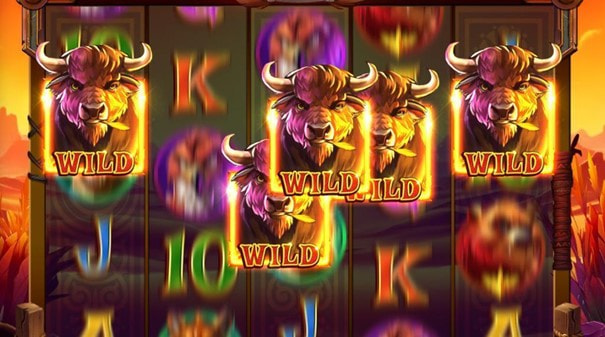PEGI Impose 18+ Sanction for Any Game Featuring Gambling
Video game regulators PEGI issued a damming report indicating an 18+ rating for any game featuring or encouraging gambling in any capacity. The European organization will allow a longer time period for developers to get accustomed to the new rules before sanctions are imposed. PEGI inferred that even games with a previous rating of below 18+ can still be subject to a branding overhaul, restricting the playability of their games. It’s a massive moment in the video game industry, and the following months will showcase just how successful these changes may be.

PEGI has revealed a blanket overhaul of other age rating systems, adopting an anti-gambling stance to prevent vulnerable underage users from exploitation. They argue that the benefits of these actions will be visible in the long term as gambling can be irradicated from the child video gaming market. ©11333328/Pixabay
Certain titles currently on sale, such as FIFA, will be allowed time until their next instalment to adjust to new rules. This does not include FIFA 22; the latest addition to the franchise subject for release on the 1st of October will maintain the current PEGI 3 rating. It’s no secret that FIFA’s Ultimate Team mode has faced heavy criticism for the use of gambling like mechanics, commonly referred to as loot boxes. Belgium is one of the few European nations to have outright banned loot boxes from all video games sold in the country.
Gambling in video games is nothing new; it’s been going on for decades. Titles from the 90s, including Pokémon Red and Blue, featured a casino area where players could gamble their in-game currency on slot machines. Since the earlier instalments, Nintendo has eradicated gambling from all their releases in fear of age restrictions from PEGI. Other popular franchises like Borderlands have featured slot machine gambling since the first release in 2009, however, these games are already rated 18+ due to standard first-person shooter tropes such as gore and excessive violence.
Countries across Europe have dabbled with the idea of banning loot boxes. The UK began an inquiry into the effects of ‘surprise mechanics’, a term coined by EA spokesperson Kerry Hopkins, who appeared in front of a parliamentary question to discuss the issue. The internet has been a massive voice against the use of loot boxes within video games; countless Reddit forums and YouTube videos have explored the real-life consequences loot boxes have on young people.
Tracking back to the Pokémon franchise, recent talks of a Switch rerelease of some of the series most beloved entries, including Red/Blue, Gold/Silver and Crystal, caused an internet frenzy. Some troubling news shortly followed, if Nintendo were to restore the old games for newer consoles faithfully, they would all be subject to an 18+ rating due to the inclusion of a casino. Nintendo’s key demographic is children and teenagers, and this could massively affect their sales.
PEGI Show Their Ruthless Side
As of September 2021, many countries do not consider loot boxes as a form of gambling. Games like FIFA may still escape an 18+ rating on future releases; however, mounting pressure from media and public officials has put governments in an awkward spot. The current view on loot boxes is highly likely to change. Several major European nations, including Spain, Italy, France, Germany and the previously mentioned United Kingdom, are all in the middle of government enquiries into the impact of loot boxes.
PEGI as an organization have almost complete separation from the video game industry; while they oversee the regulation of official ratings, they maintain a steady distance from all stages of development. Their influence is still shown all over yearly releases; many have toned down any and all gambling-related content to appease the stern regulators. While some of their rules reek of inconsistency, they prevent an overall downfall of moral standards, an issue which has affected many popular franchises, including FIFA and Call of Duty.
Gambling has also seen heavy restrictions in other video game mediums such as the streaming community. Slovakian regulators banned the popular streaming site Twitch for supposedly promoting gambling-related content to young viewers. While betting activity is enjoyed fruitfully by many, it’s important to remember that the 18 requirement is there for a reason. Young people should never be exposed to high levels of gambling content, as it may incite future problems with betting and addiction.



